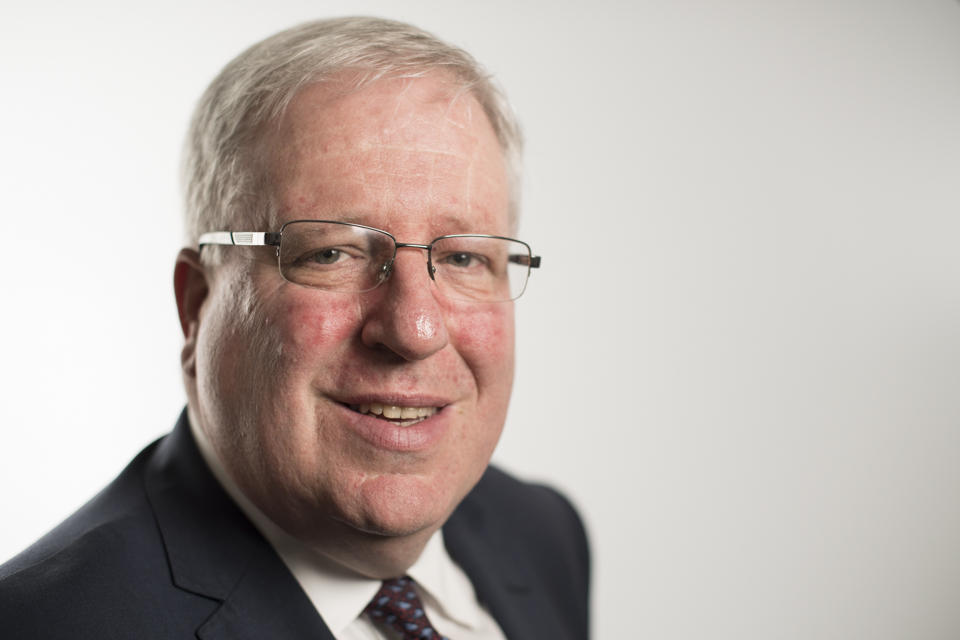Drug driving
Drug driving consultation released.

In May 2012 the government introduced primary legislation to Parliament that would create a new offence of driving with a specified controlled drug in the body above the specified limit for that drug. The Crime and Courts Act 2013 sets out the framework for the new offence.
Regulations now need to be made to specify the drugs to be included in the legislation and the limits to be specified. I have today (9 July 2013) published a consultation seeking views on these regulations. The proposals follow a report published in March this year by a panel of medical and scientific experts which provided specialist advice to the government on the effects of specific drugs on drivers’ ability.
The introduction of the new offence will reduce the amount of time, expense and effort involved for the police and the courts when prosecutions fail because of the difficulty of proving that a driver is impaired by a particular drug.
In the consultation we have proposed a zero tolerance approach to deal with those who drive under the influence of illegal drugs as this sends the strongest possible message that you cannot take drugs and drive.
In taking a zero tolerance approach to these drugs, the government proposes to set the limits at a level that does not catch someone who has consumed a very small amount of an illegal drug inadvertently. In considering what approach to propose for each illegal drug and what limit to set, the government has weighed up a number of factors including the evidence about the use of the drug when driving, wider drugs policy, and the findings and recommendations from the Expert Panel.
After considering all of the above we propose to take a zero tolerance approach to the following 8 controlled drugs which are known to impair driving:
- Cannabis
- MDMA (Ecstasy)
- Cocaine
- Ketamine
- Benzoylecgonine (primary metabolite of cocaine)
- Methamphetamine
- Lysergic Acid Diethylamide (LSD)
- 6-monoacetylmorphine (6-MAM - heroin and diamorphine)
We have also put forward our approach for dealing with drivers who use drugs which have recognised and widespread medical uses but which can also affect a patient’s ability to drive and are sometimes misused. We know that the vast majority of people who use these drugs are doing so responsibly and safely and that is why our approach does not unduly penalise drivers who have taken properly prescribed medicines. The limits we propose to set follow the recommendations of the expert panel, which in the vast majority of cases, will avoid the new offence catching out drivers who have taken properly prescribed or supplied drugs in accordance with the directions of a healthcare professional or the drug manufacturer. This will avoid inconveniencing the public and taking up police time.
Taken together these proposals will make our roads safer for everyone by making it easier for the police to tackle those who drive after taking illegal drugs and clarifying the position for those who take medication.
The consultation starts today (9 July 2013) and closes on 17 September 2013 and copies will be laid in the libraries of the House.